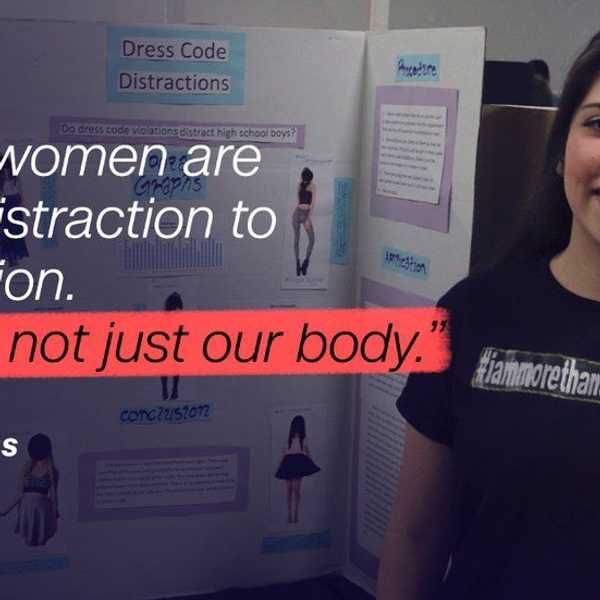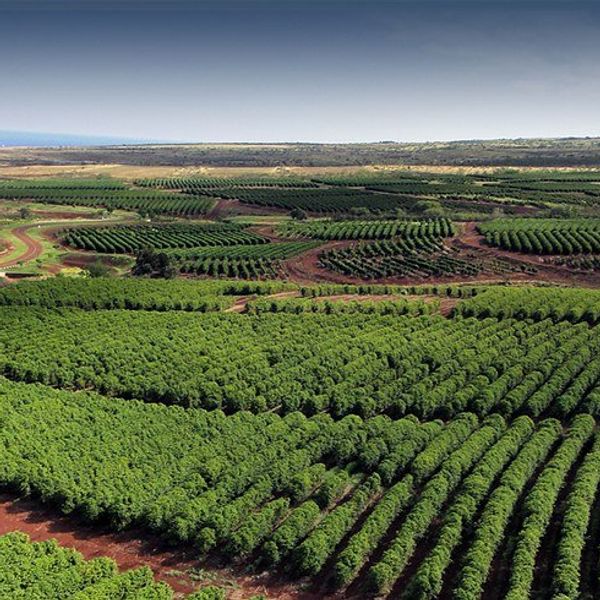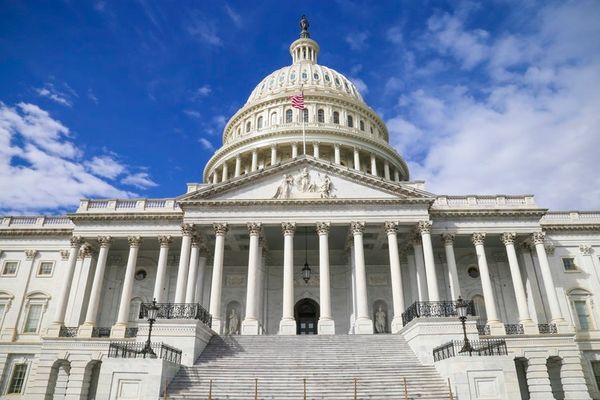This election cycle we've heard a lot of talk about the supposed dangers of "Radical Islam." What exactly this term means and whether or not it exists is a debate our society has been grappling with since 9/11, but which has reached a fever pitch in the wake of the Paris, San Bernardino, Brussels and Orlando attacks and the rise of the Trump candidacy. This debate reached Columbia directly when the CU chapter of College Republicans hosted a speech through video chat by Tommy Robinson, the self-proclaimed leader of the British anti-Islam movement, who says he has nothing personally against "ordinary Muslims," but opposes what he terms the dangerous and oppressive ideology of religious Islam.
Donald Trump has repeatedly criticized both President Obama and Secretary Clinton for their refusal to use the words "radical Islam." He argues that such a refusal constitutes a surrender to political correctness and that it is a denial of the grave ideological threat that we face as a nation. While Donald Trump's call for a ban on Muslims entering the country is both alarming and unprecedented, his view that we are engaged in a clash of civilizations against an ideology that has captured the Islamic world is not unique to him.
Indeed the Prime Minister of France, Manuel Valls, in a speech following the first terrorist attacks in Paris of 2015 on the Charlie Hebdo headquarters and the Kosher grocery store, declared their country and their very way of life was at "war" with "radical Islam." This type of rhetoric can be traced back to a lecture given to the American Enterprise Institute by Samuel Huntington in 1992 that predicted the fault lines of future conflict would fall along major religious and cultural divides that would pit the Western World against the Islamic one. Huntington's prediction of this coming "clash of civilizations" was initially dismissed as far-fetched by most of the foreign policy and academic establishment. After 9/11, though, many of these same experts felt Huntington had been vindicated and most neoconservative thinkers, as well as a few centrist ones, broadly adopted his stance.
At odds with this clash of civilizations narrative lies President Obama, who stated in an interview in September that he won't use the words "radical Islamic terrorism," as Donald Trump and Republican leaders in Congress have called on him to do, because he doesn't want to make Muslims in the U.S. and the world generally feel as if this is "some contest between the West and Islam." Hillary Clinton has also said that she wishes to avoid feeding the "false narrative" of a clash of civilizations that she has accused both ISIS and figures like Donald Trump and certain ultra-nationalist politicians in Europe, such as Marine Le Pen in France and Nigel Farage in the U.K., of propagating. However, unlike President Obama, she did call the Orlando attack an act of "radical Islamist terrorism." Using the term Islamist instead of Islamic, she was careful to distinguish between the faith of Islam and the loosely strung together ideology of Islamism, also referred to as political Islam, which encompasses a range of peaceful and violent movements around the world attempting to incorporate traditional Islamic laws (Shari'a) into the governments of their various countries. A number of Democrats in Congress and various left-leaning policy wonks and government officials also cling to this distinction in order to avoid being perceived as demonizing Islam.
Some progressive leaders, however, along with an increasing number of young activists, both on campuses and social media, are speaking out against the use of either term ("radical Islam" or "radical Islamist"). Many of them charge that the first is a direct appeal to Islamophobia and that the second is a thinly-veiled distinction used to motivate people to support Islamophobic policies, such as drone strikes and the "War on Terror," garbed in politically correct language. Some have even taken to humor to denounce what they see as a current obsession in society and media with connecting Islam to terrorism by making memes showcasing the ridiculousness of it. This was recently exemplified by the video of a man dressed as an imam skateboarding wildly with the caption "Radical Islam."
Proponents of the term "radical Islam" to describe the threat posed by organizations like ISIS, Al Qaeda, Al-Shabaab, Boko Haram, Abu Sayyaf and the Taliban, as well as the ideology espoused by the governments of nations such as Iran, retort that this term is no more offensive than "Christian fundamentalism." In their view, liberals who reject the term "radical Islam" but who have no problem with the phrase "Christian fundamentalism" are hypocrites through their embrace of such a double standard in regard to religious extremism. In response to the label of hypocrisy, these opponents of using the phrase "radical Islam" point out what they see as a media bias that focuses disproportionate attention on the actions of extremists identifying as Islamic over the actions of similarly extremist Christians in Uganda, Jews in the West Bank, Hindus in Kashmir, and Buddhists in Myanmar.
Ultimately, the question of whether to term the ideology of various terrorist groups emanating from the Muslim world "radical Islam," "radical Islamism," to go even more specific, such as "Wahhabist fundamentalism," "Salafist extremism," or, in the case of the clerics and their radicalized youth groups in the Iranian government, "Twelver Shi'a militancy," or to avoid associating such groups with any Islamic ideology altogether is one of semantics. The debate holds significance, though, because it touches on the larger question of how the world, and especially the West, should confront the rise of terrorism. Such an issue requires a careful navigation of the line between freedom and security, and respecting the religious liberties of Muslims, while at the same time checking the influence of imported Saudi and Pakistani imams who sometimes preach agendas calling for the destruction of the West and intolerance towards Jews, Christians, atheists and LGBT people. Since the end of the Cold War, and especially since the 9/11 attacks, terrorism has continued to be the West's number one foreign policy concern, even in the wake of renewed Russian aggression on its western and southern borders. While we must continue to explore a range of military and diplomatic options in the pursuit of removing this threat, we can never allow our genuine fears of so-called "radical Islam" to turn into a persecution of Muslims. We must pray our country has learned its lessons from the horrors of Japanese incarceration in the '40s and the McCarthyist crackdowns on liberal speech in the '50s.



















